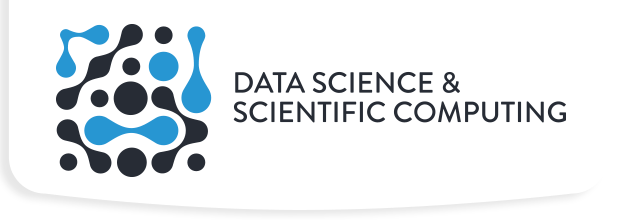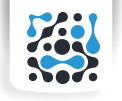The Master degree in Data Science and Scientific Computing (DSSC) is structured into 2 curricula. Each curriculum is further organized in several study plans, each corresponding to a specific application area, proposing a choice of specialization courses. The first semester of first year is devoted to core courses common to both curricula. The second semester of first year is focussed on core courses specific to each curriculum. In the second year, instead, the student can choose specialization courses on an application area of interest, depending on the selected study plan. During the second year, students will also have to complete their preparation with seminar courses, they can do an intership in a company or in a research lab, and they will have to write their master thesis.
Curriculum Artificial Intelligence and Machine Learning
The Artificial Intelligence and Machine Learning curriculum is devoted to train expert in modern Artificial Intelligence techniques, in particular Machine Learning techniques. You will learn skills in statistics, modelling, machine learning, high performance computing and management of databases for big data.
Curriculum Data Science and Applications
You will be trained to become a professional in the fields of data management and data analysis, with a particular focus on Big Data. In this curriculum you will follow courses on machine learning, statistical methods and data management. You can further specialize in one of the several application areas: healthcare, foundations of data science, data engineering, social sciences, genomics and biotechnology.
Curriculum Computational Science and Engineering
It will train future experts in Computational Science and Engineering. Here the focus is more on computational modelling, optimization, scientific programming, and simulation. Also in this case the application areas of specialization are numerous: fluid dynamics for engineering and earth sciences, computational physics, computational chemistry, computational cosmology, control and simulation-based design.
The three curricula will give you a solid preparation in 3 main areas:
- Data analytics and machine learning
- Mathematical and computational modeling
- Informatics, in particular high-performance and distributed computing
Each student will then have the opportunity to complete his/her own training with some elective courses, which complete the formative offer and make each training unique.
The first year (60 CFU) includes a methodological training in the 3 main areas and a deepening linked to the chosen curricula. During the second year (60 CFU) the students will acquire knowledge and skills in a specific application field, chosen between the proposed ones, and the ability to apply methodological tools in this area through seminars, internships and thesis.
For those that are fond of bureaucratic documents or that want to design their own customized study plan, guidelines are provided in the following pdf file:

